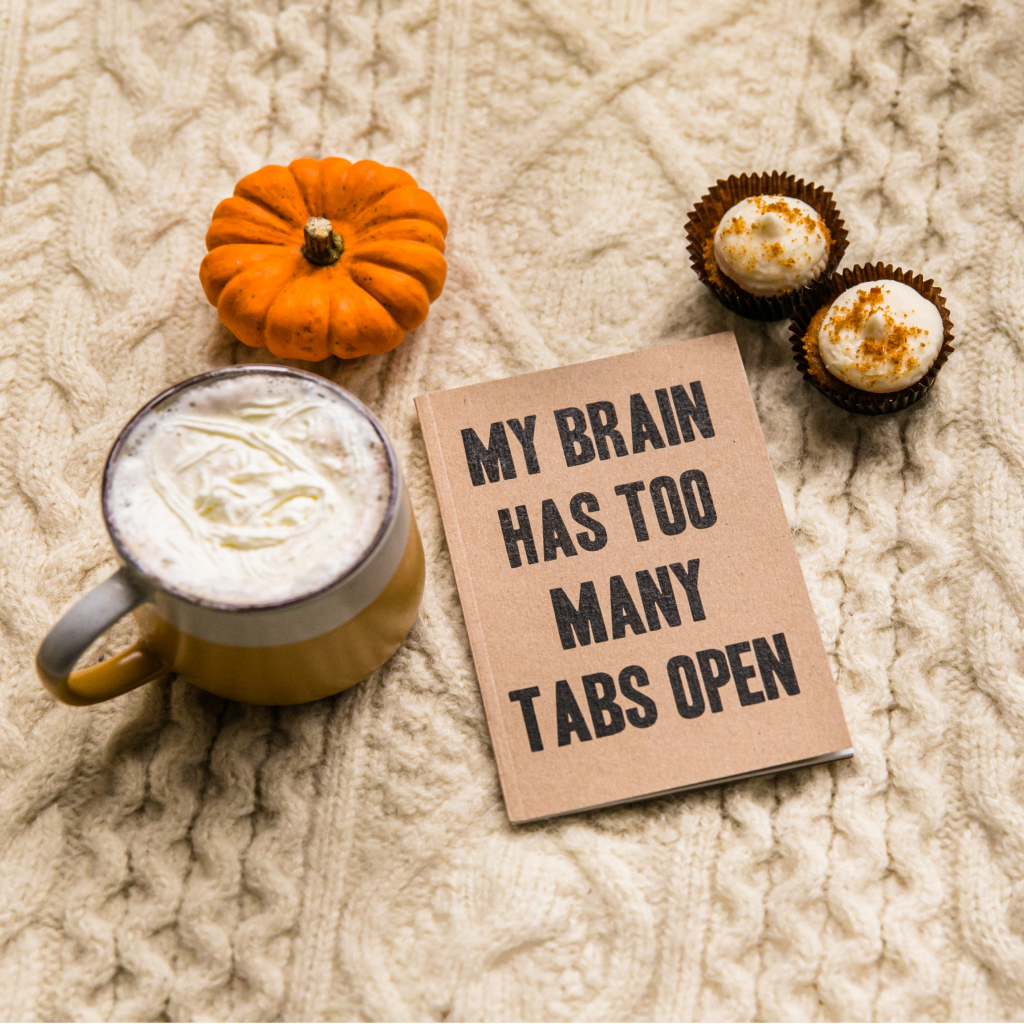The Importance of Sleep on Mental Health
Wednesday, 26 April 2023
How mental health and sleeping patterns work hand in hand!
We’ve all had sleepless nights for various reasons and noticed how it can have a negative impact on our mood.
It can be a vicious cycle, and one that will be increasingly harder to break the longer it continues.
Recent statistics reported by Mind, the mental health organisation show that in any given week 1 in 6 people experience a common mental health problem such as anxiety and depression.
Depression
Every seven years a survey is carried out in the UK to measure the statistics of just how many people suffer with various mental health issues, the results are posted by Mind, the mental health charity.
The last survey carried out showed that 3 people in every 100 in the UK suffer from depression making it the second most common after anxiety.
Depression can make us feel like a piece of us is missing, it can cause emotional symptoms such as extreme unhappiness, feeling teary, anxious and losing interest in hobbies that we used to enjoy.
Sleep is usually one of the most common things to be disturbed with depression, as our brain is active with negativity we’re unable to “switch off” in order to have a restful sleep.
Extreme tiredness due to no sleep can then exacerbate the level of depression which in turn causes less sleep, it can be a vicious cycle that can seem impossible to break.
Once the issues have been addressed, techniques will be mastered such as sleep journals, reading before bed, less screen time etc in order to help us relax and block out negative vibes
Anxiety
During our lifetime, we will all experience anxiety in some way, certain people suffer with it constantly which can have negative consequences on our sleeping patterns.
When we’re lying in bed, shut off from our TV and phones is when anxiety levels peak, as our mind is not occupied by other things and wanders freely, making it nearly impossible for us to “switch off” which in turn reduces the likelihood of a restful night’s sleep.

One technique used in CBT therapy (Cognitive Behavioural Therapy) proposes the idea of keeping a “worry journal” or “sleep diary”.
This method consists of writing down whatever is playing on our minds causing anxiety, this has
proven useful as many people say that expressing the thought in any way reduces how much it plays on the mind, in turn allowing the brain to switch off.
Stress
Stress at one time or another can happen to us all, it can be one big thing, one small thing, or a bunch of little things adding up, stress affects us all in different ways and it can have a negative impact on sleeping patterns.
During a UK wide stress survey from the Mental Health Foundation, they discovered the following percentage of people suffer from some type of stress.
- 81% of Women
- 67% of Men
- 83% of those between 18-24 Years Old
- 65% of those aged 55 and above.
A lack of sleep can also be a cause of stress, if we get less than our recommended hours this can make us overthink, panic and worry over the consequences.
Once the issue causing stress has been addressed we’re more likely to be able to switch our minds off to focus on a good night’s sleep.
How To Improve The Situation
Breaking the cycle can be a long and difficult process, but is extremely beneficial to our physical and mental health. It won’t happen immediately, but implementing even the slightest positive changes can have a great impact.
As Lao-Tze the ancient Chinese Philosopher once said “The journey of a thousand miles begins with one step.”
Meditate
Meditation isn’t something that works for everyone, and it can take time to get used to.
According to a recent study published online, 26% of the UK population have practiced meditation within the last five years to improve their mental wellbeing.
Taking time for ourselves to master the skill of meditation and mindfulness can have numerous positive effects which create a better way of life.

Simple breathing techniques have been proven to lower stress levels, improve focus and reduce brain chatter, freeing up a cluttered mind can put us in a state of serenity and relaxation which in turn helps us achieve a better night’s sleep and wake feeling refreshed.
Read
Reading is one of the best things to be done before going to sleep.
Not only does it boost brain power, increase creativity and reduce stress it also assists in helping achieve a deep sleep, as your brain is getting less blue light (assuming an actual book is being read, not a tablet).
Fiction books are always best to opt for, as there is an added bonus of getting immersed in new worlds.
Some sleep experts have also expressed ideas that reading before bed can open up our brains to new perspectives and can be used to figure out new solutions to something we are anxious or stressed over.

Reduce Screen Time
We are all guilty of spending too much time on our phones, laptops or tablets, however recent studies have shown what a negative effect this can have on our sleeping patterns.
Digital screens emit short wavelengths of artificial blue light, our brains absorb this which in turn increases alertness meaning falling asleep becomes more difficult.
Blue light can interfere with the production of melatonin which is the hormone that helps control the sleep-wake cycle.
In order to achieve higher melatonin levels and allow our brains to switch off, it is recommended that no laptops, tablets or mobiles are used within one hour of going to sleep.
Routine
Once some positive changes have been made, such as reducing screen time, reading or meditation, the hardest part of the challenge is sticking to it.
Developing a routine is key, finding what works best and following it on a daily basis, this helps train our minds and prepare our body for a regular sleeping schedule.
- Go to bed same time each night
- Get up same time each morning
- No screen time one hour before bed
- Read one chapter of a book before bed
- Keep a sleep journal
Once a routine is set, other aspects of life can start to fall into place, a great night’s sleep can work wonders.